Blog
Advice and expertise from AM, and special guest posts by leading archivists, academics and librarians from around the world.
-
TitleDescriptionDate
-
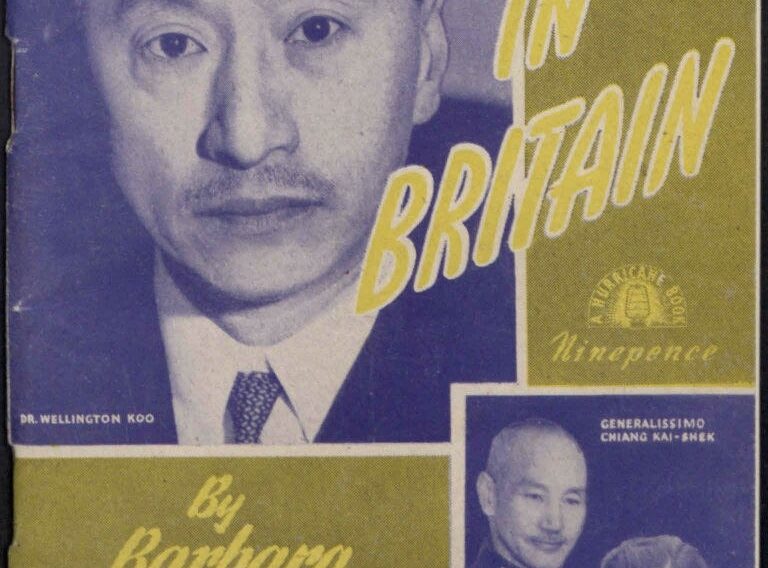 China fights in Britain
China fights in BritainIn the British popular memory of the Second World War, China is largely absent. Japan had invaded and annexed Chinese Manchuria eight years before Nazi Germany marched into Poland, so in one sense the war began on Chinese soil. But perhaps it is because of this that we forget about them – they only became our allies because their war with Japan happened, after 1941, to coincide with ours.
-
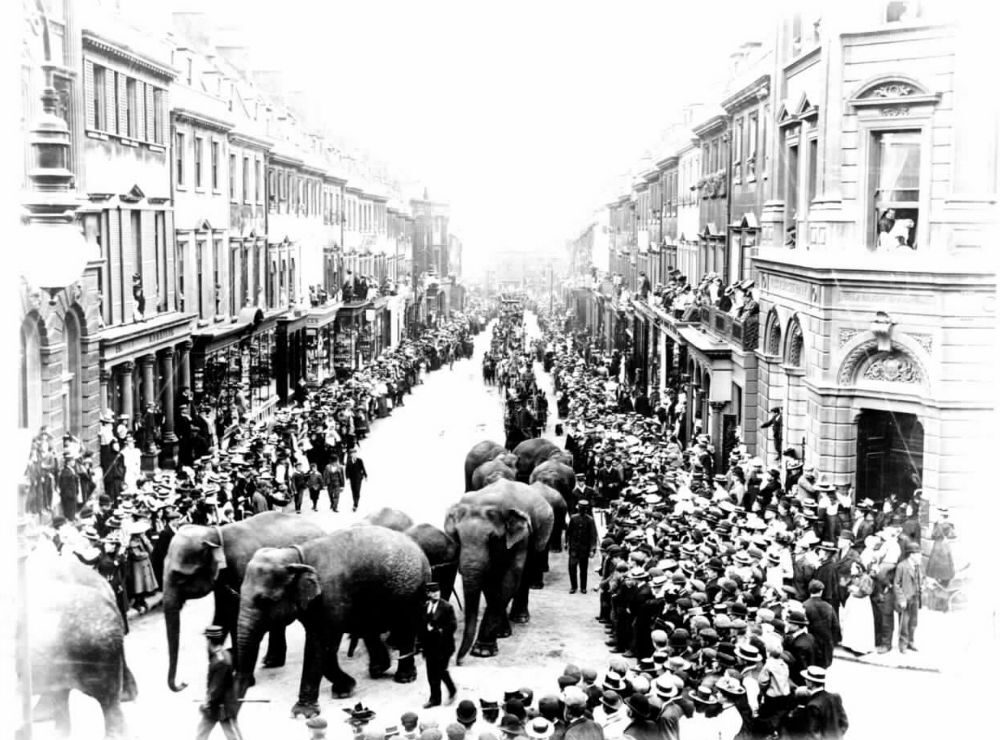 Elephants on Milsom Street, Bath
Elephants on Milsom Street, BathWhilst exploring the visual collections of Victorian Popular Culture, a photograph caught my eye. It showed a group of elephants processing down Milsom Street in Bath – not a sight you see every day! The caption was simply “Barnum’s procession through Bath” and I was intrigued to find out more.
-
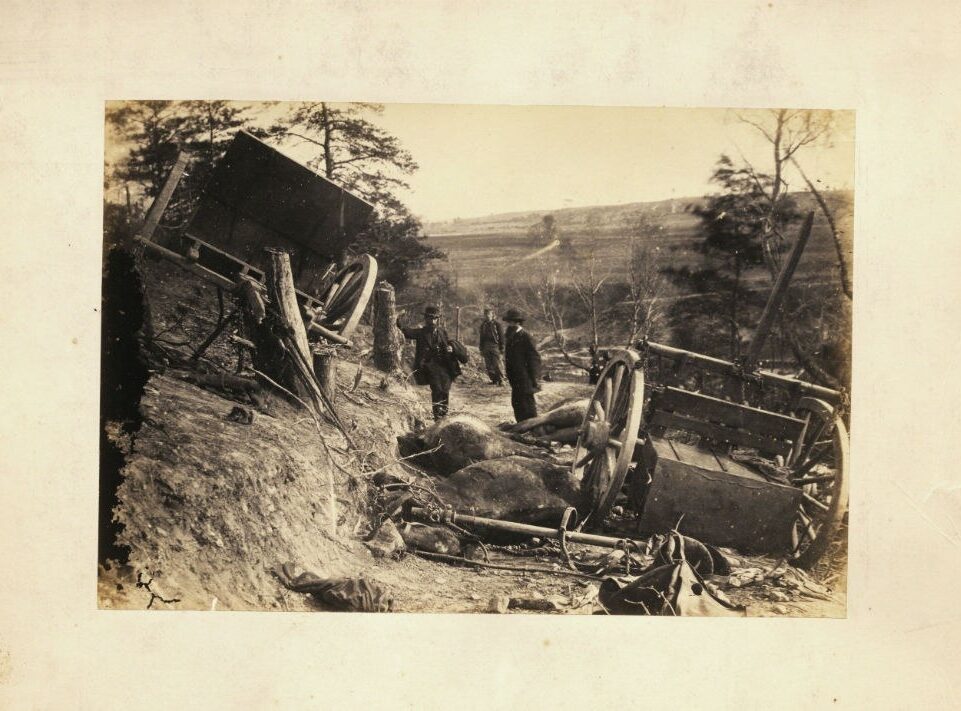 War DonkeysYou may have seen the smash hit play Warhorse or even read the book or seen the film. Thankfully Joey the extraordinarily heroic horse lives happily ever after and we are treated to a glorious reunion of man and beast. Conversely, donkeys often seem to be the poor relations of the equidae family: slower, less graceful, more stubborn and with a non-waterproof skin.
War DonkeysYou may have seen the smash hit play Warhorse or even read the book or seen the film. Thankfully Joey the extraordinarily heroic horse lives happily ever after and we are treated to a glorious reunion of man and beast. Conversely, donkeys often seem to be the poor relations of the equidae family: slower, less graceful, more stubborn and with a non-waterproof skin. -
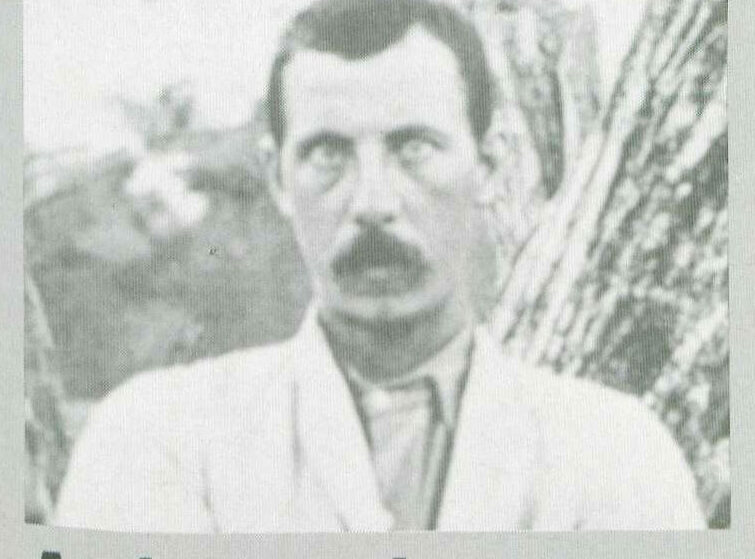 A Pioneer, I Presume: The life of W. Barbrooke Grubb
A Pioneer, I Presume: The life of W. Barbrooke GrubbAt the tender age of 19, Wilfrid Barbrooke Grubb had an interview with the South American Missionary Society (SAMS) to be considered for missionary work abroad. In 1989, after a stint in Tierra del Fuego, he was sent to northern Paraguay to establish the first mission station in Chaco. South America was still a largely unexplored continent that held many unknown dangers, and Chaco was a particularly notorious region. Previously uncontacted tribes are still being discovered there, and in the late 19th-century stories of ritual mutilation and cannibalism were rife.
-
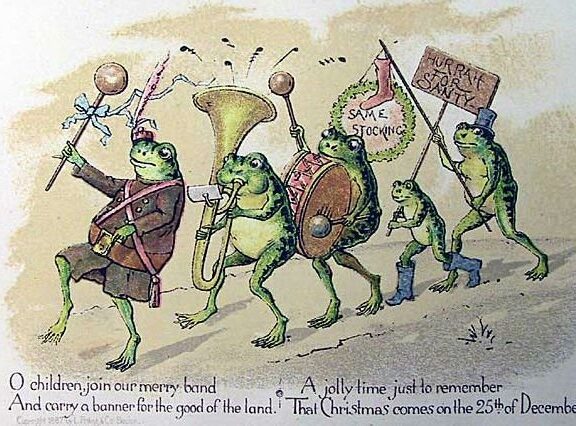 The Difficulty of Selling Christmas Cards in AugustWhen is it too early to buy Christmas cards? Most of us leave our Christmas shopping until late November at the earliest. But why is that? Is there is an unspoken taboo against preparing for Christmas too early?
The Difficulty of Selling Christmas Cards in AugustWhen is it too early to buy Christmas cards? Most of us leave our Christmas shopping until late November at the earliest. But why is that? Is there is an unspoken taboo against preparing for Christmas too early? -
 It’s beginning to feel a lot like Christmas
It’s beginning to feel a lot like ChristmasIntense debate has broken out among sections of the AM as Christmas decoration boxes have been opening. A number of employees have steadfastly refused to go near the festive items before December 1st. Others have insisted that the extra cheer they bring justifies their appearance in November, though suspicions remain that this is a ruse in order to get first call on the choicest tinsel.
-
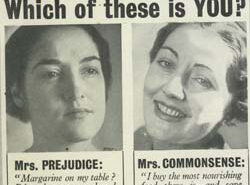 Can you Believe it’s not Butter?
Can you Believe it’s not Butter?Like many of her generation who struggled to manage a household during wartime rationing, my grandmother was steadfastly against margarine. Yucky, tasteless stuff, she said. Give her good old farmhouse butter any day of the week.
-
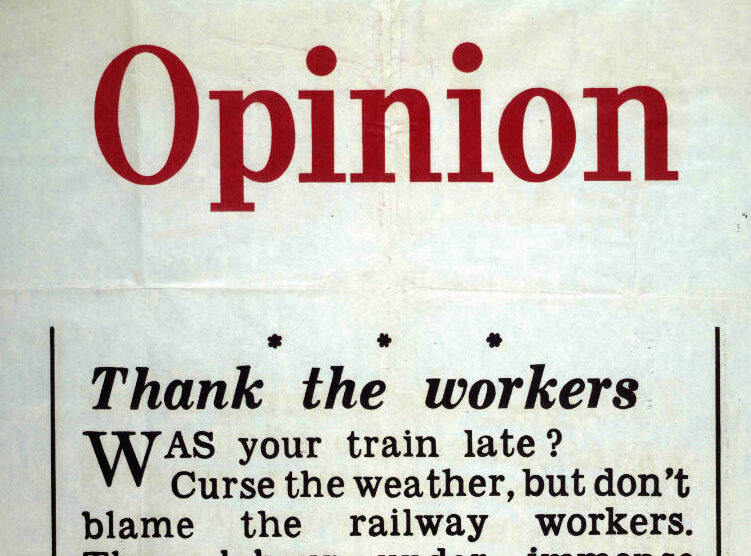 Where Were You on May 12th?
Where Were You on May 12th?The final part of Mass Observation Online has been released today making the Mass Observation Archive available to researchers in its entirety. But where did it all begin?
-
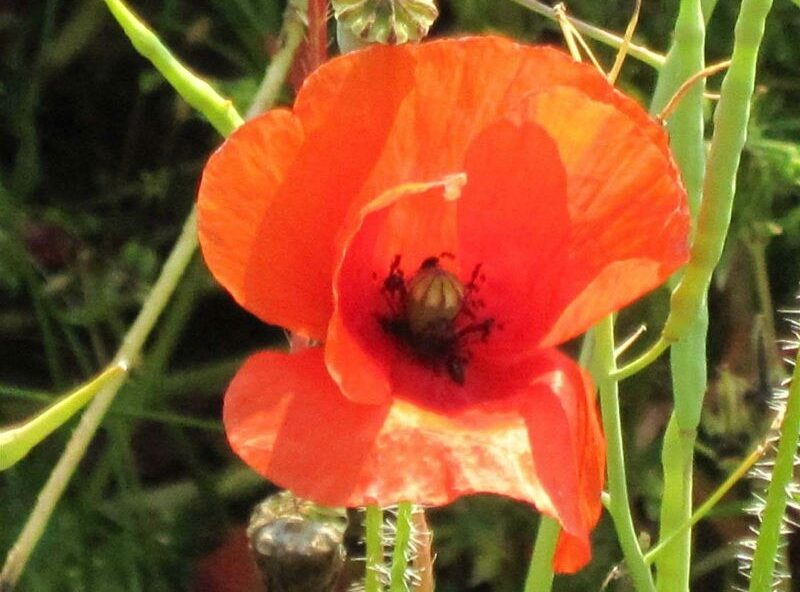 We will remember them
We will remember themOn 11 November the UK, and many other nations around the world, will observe the annual memorial day for all those who have lost their lives through war. This blog reflects upon some of the chosen customs and symbols that are used to commemorate Remembrance Day.
-
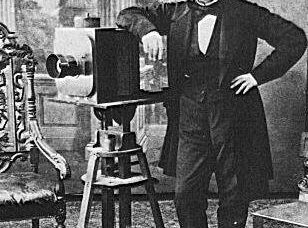 Psychic Photography: snaps of the spirit world
Psychic Photography: snaps of the spirit worldHalloween is here again, and ghouls and monsters will roam our streets tonight. In honour of this spookiest day of the year, today’s blog will explore the dark art of Psychic Photography, as revealed in Adam Matthew’s Victorian Popular Culture resource.
-
 Aliens, Conspiracy and Abduction: UFO tales from the 1950s Underground Press
Aliens, Conspiracy and Abduction: UFO tales from the 1950s Underground PressAfter a BBC story about a UFO today, it got me thinking about how the UFO phenomenon was handled in the 1950s and onwards.
-
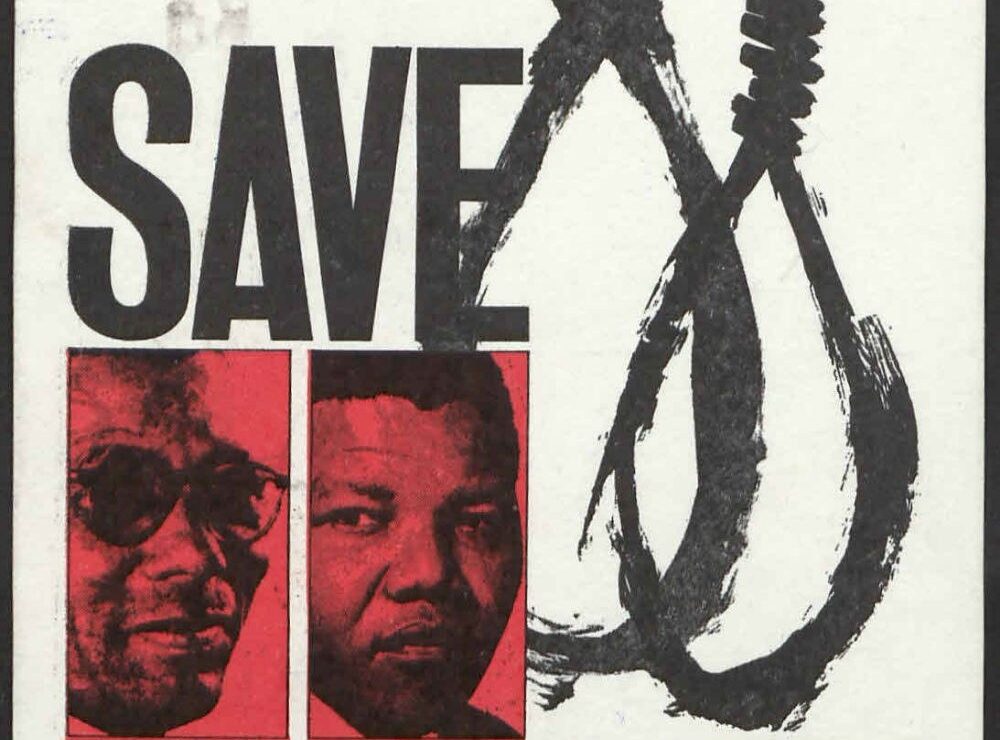 Nelson Mandela, the ‘champion of African nationalism’ and a changed South Africa
Nelson Mandela, the ‘champion of African nationalism’ and a changed South AfricaAt the height of the apartheid era, in 1964, ten leaders of the African National Congress (ANC) stood accused of a number of charges, including acts of sabotage, which was, in extreme cases, punishable by death. In what was known as the Rivonia Trial, one of the accused was a man called Nelson Mandela.
-
 He-Men and Homemakers: Gender in Mid-20th Century Advertising
He-Men and Homemakers: Gender in Mid-20th Century AdvertisingUnfortunately Emma Watson throwing down the UN HeForShe gauntlet this week came too late for the male-dominated mid-20th century advertising industry. They were well aware that 75% of the buying power in America was held by homemaking women, so actively reinforced gender inequality, in fear that their industry would crumble without it.
-
 a-vote-for-freedom-or-better-together? Scotland’s Independence Referendum and Cultural Identity
a-vote-for-freedom-or-better-together? Scotland’s Independence Referendum and Cultural IdentityBeing one of the frustrated Scots unable to vote in the forthcoming historic Scottish independence referendum I got to thinking about cultural identity and just what it means to part of the United Kingdom. Personally, I have always thought of myself as being both Scottish and British and this is something that is really being called into question as the Yes and No campaigns make their final bids for votes.
-
 Charitable donations – what’s the psychology behind them?
Charitable donations – what’s the psychology behind them?Unless you have been living on another planet this week you will have at some point witnessed friends and family dousing themselves in icy water to raise money for ALS (Motor Neurone Disease in the UK) and, increasingly, some other charities. Many of you will have braved the Arctic bath yourselves.
-
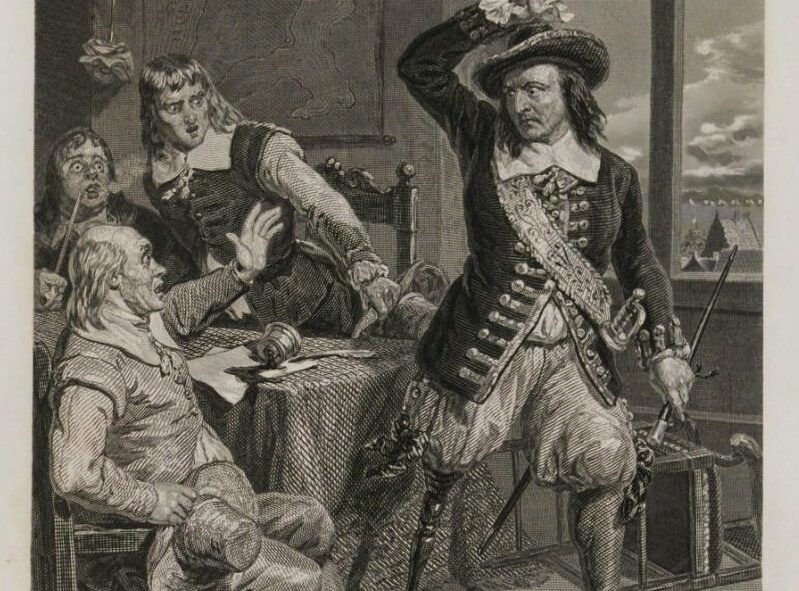 ‘All people shall continue free Denizons’: New Amsterdam becomes New York
‘All people shall continue free Denizons’: New Amsterdam becomes New YorkVisiting New York a few years ago, I decided I wanted to see what remained of the very beginnings of the city: New Amsterdam, the Dutch settlement which was taken over by the English and rechristened after King Charles II’s brother, the Duke of York, in 1664. Sadly for my niche historical interest, the plain truth is that there is nothing to see. New Amsterdam was no more than a large village on the site of what is now Manhattan’s financial district; fires and rebuilding and time have erased it.
-
 Hate Mail for Old Abe Lincoln
Hate Mail for Old Abe LincolnThis letter from a man called Pete Muggins to Abraham Lincoln, responding to Lincoln’s recent election to the office of US President in 1860, reveals to us that hate mail and trolling are far from a modern phenomenon.
-
 Thou Shalt Not Tell Any False Tales About Good Diggings in The Mountains
Thou Shalt Not Tell Any False Tales About Good Diggings in The MountainsCorrespondence and diaries are often the first objects that spring to mind when wanting to better understand the experiences of others, but ephemeral items can also offer surprising insights into the past. Whilst working on material from the Gilder Lehrman Collection for the American History resource, I came across an interesting re-working of the Ten Commandments in an article sent home by a miner. They had been adapted for those employed by companies during the gold rush of the 1850s
-
 Marketing to women: why Shakespeare was wrongSo many contemporary idioms are based on lines from Shakespeare that it can be hard to avoid using them. One of the best known (and most often raked out for unimaginative newspaper headlines and blog titles) is from Romeo and Juliet, Act II Scene II, where the eponymous star-cross’d lover asks, sighing on her balcony, “What’s in a name?”
Marketing to women: why Shakespeare was wrongSo many contemporary idioms are based on lines from Shakespeare that it can be hard to avoid using them. One of the best known (and most often raked out for unimaginative newspaper headlines and blog titles) is from Romeo and Juliet, Act II Scene II, where the eponymous star-cross’d lover asks, sighing on her balcony, “What’s in a name?” -
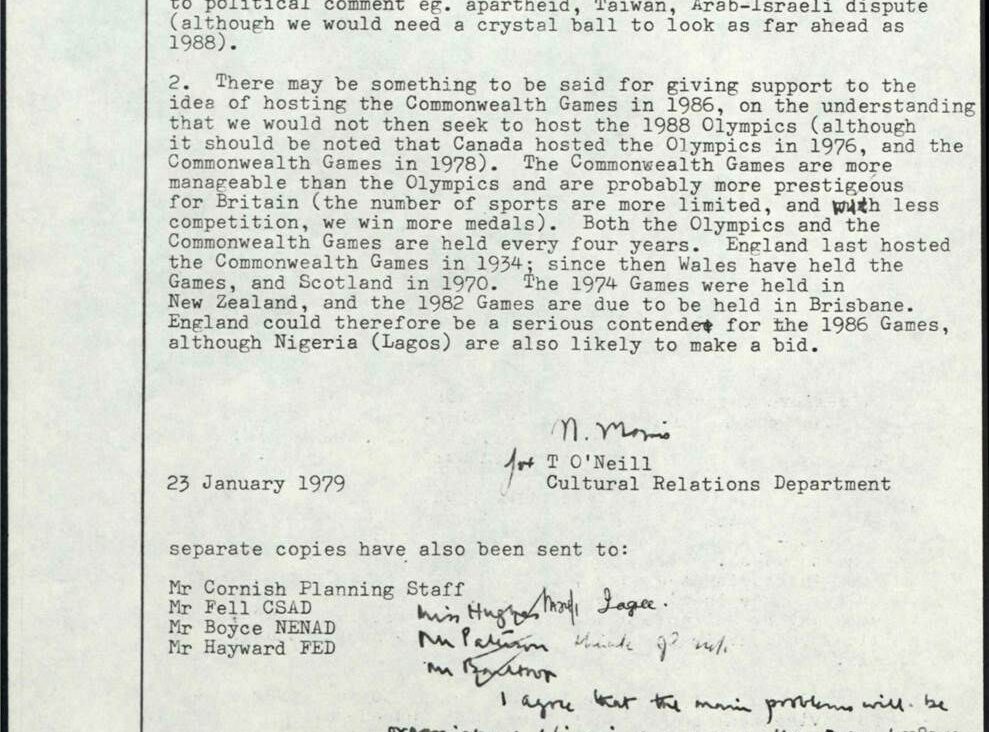 'With less competition, we win more medals': The politics of hosting the Commonwealth Games
'With less competition, we win more medals': The politics of hosting the Commonwealth GamesAlex Salmond has offered repeated public assurances in the months leading up to the Commonwealth Games in Glasgow, which opened on Wednesday evening, that the sporting spectacle will not be turned into a political battlefield over Scotland’s continued membership of the United Kingdom, with the decisive referendum looming in just under eight weeks’ time. Correspondence from the 1970s, however, shows that British diplomats have long considered the act of hosting the Games in Britain to be inherently politicised, as organisers strive to maintain delicate balances within the Commonwealth.
-
 The Diplomatic Fruit Salad: An International Incident
The Diplomatic Fruit Salad: An International IncidentThis week's Object of the Week (and I feel a little like a character from Sesame Street now) was inspired by a fruit salad consumed earlier in the week and features a particularly juicy file available in the forthcoming Apartheid South Africa resource.
-
 We Think It's All Over
We Think It's All OverSummer 2014 may have already given us some glorious sunshine, but spirits have definitely been dampened by dismal sporting performances. We've all experienced the uplifting effect that a successful campaign can have on the nation and, more relevantly in recent weeks, the opposite.
-
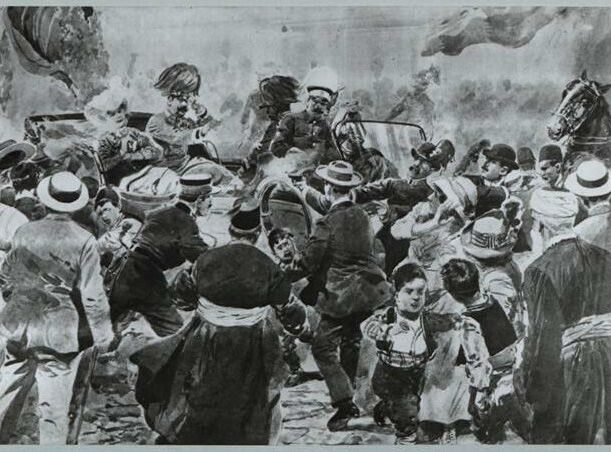 The assassination of Archduke Franz Ferdinand
The assassination of Archduke Franz FerdinandOn 28th June 1914, Archduke Franz Ferdinand was assassinated, an incident that stunned Europe and set in motion a series of events leading to the outbreak of World War I. AM’s First World War Portal contains documents, images and video footage that help to tell the story of the shooting and its aftermath.
-
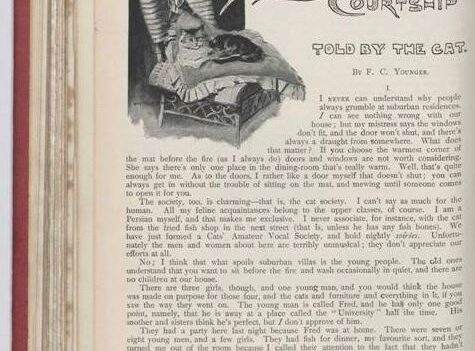 Felines: Friend or Foe?
Felines: Friend or Foe?Cats: love them or hate them, they’re here to stay. In fact, cats in Britain seem to be more popular than ever, as a survey by one of the mobile phone networks recently revealed; apparently we post 3.8 million photos or videos a day onto the internet. Indeed, over 350,000 cat owners have even set up social network accounts on behalf of their beloved furry friends.
